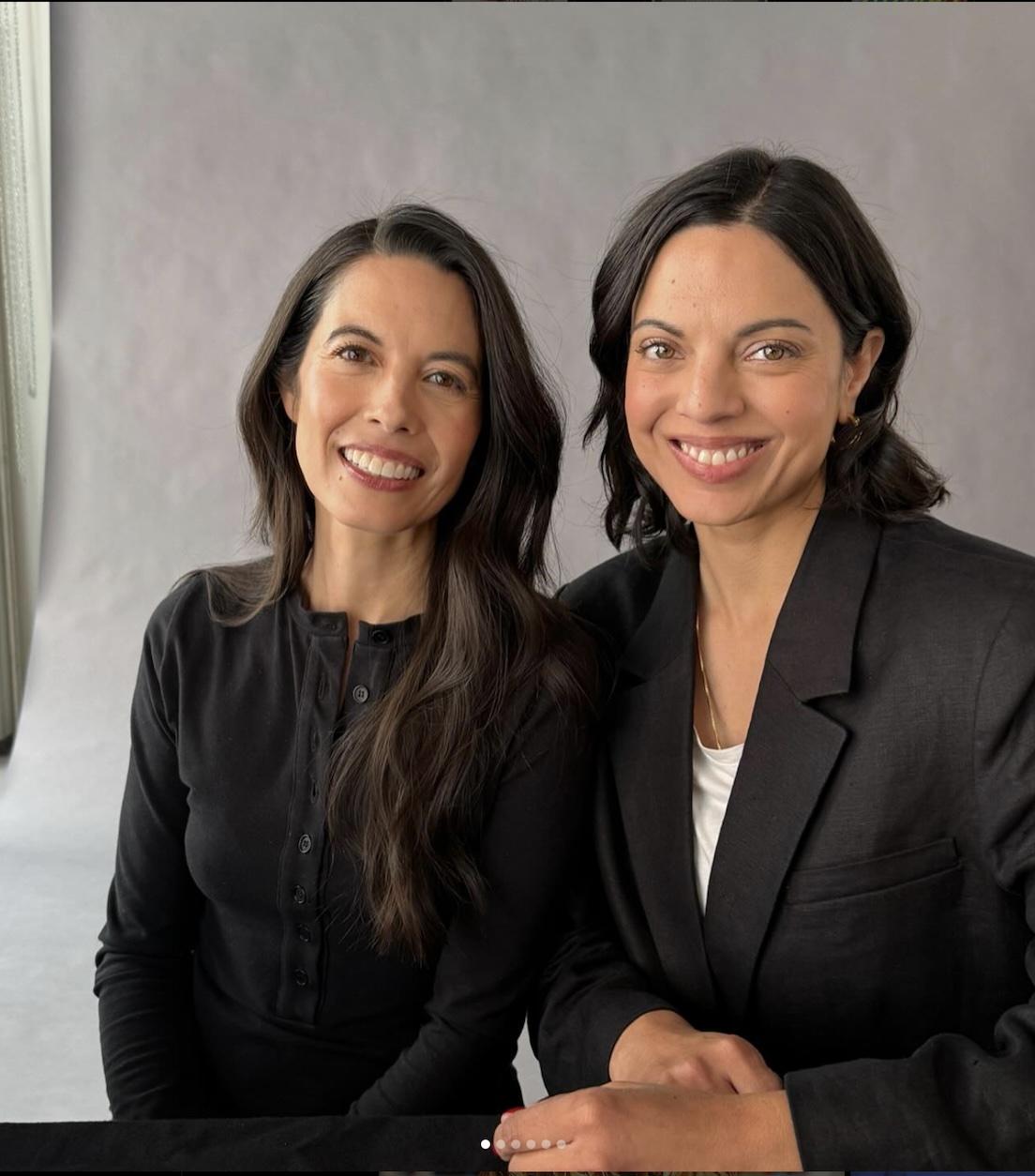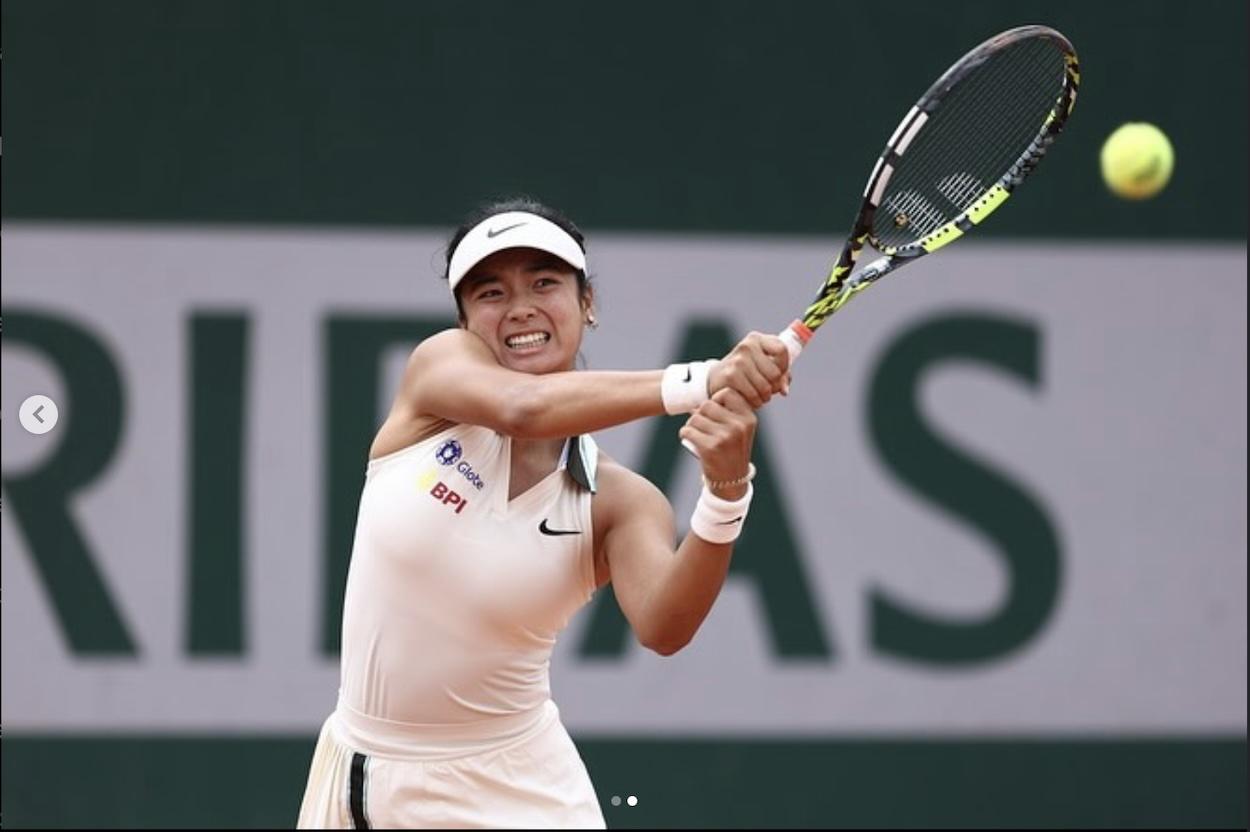Global technology planning manager for Buick, GMC and GM China Strategy at General Motors
Growing up in Chongqing, China, Coco Zhang-Miske thought she would have a professional career in dancing.
Her early training in gymnastics — beginning at the age of 6 — soon segued into the art of dance years later. From there, she moved to Beijing to study classic Chinese dance at the Beijing Dance Academy and was an operatic dancer with the China Operatic Dance Troupe.
When she migrated to the United States, she continued dancing by teaching lessons at studios owned by friends.
However, a point came when she realized she was meant to pursue something else.
She jumped into fashion design during her first year at Michigan State University because it was related to her background in arts. But, she found herself attracted to math and science, and changed her major to mathematics.
“When I started [college], one of my professors called me into the office within the first month because I only learned math and science to an extent in China because I was dancing. I was struggling during the first month or two of college. It was overwhelming having all those technical terms in English. I had a very difficult time,” Zhang-Miske told the Asian Journal in a recent interview. “He asked, ‘are you sure you want to do this?’ and I knew this is what I wanted to do.”
From mathematics, she eventually changed her major to electrical engineering.
Despite her lack of practical knowledge in the field, she showed up to an engineering job fair with her résumé — filled with art and dance jobs — in tow anyway. Most of the companies did not give her the chance to explain her background or they told her to come back the following year after she gained more experience.
However, one pivotal conversation with an engineer from General Motors (GM) changed the course of her future.
“He was very curious about why I changed from dancing to engineering. He was fascinated with my background and saw my potential. He ended up offering me an internship, which was very exciting, especially being a first-year student with no background,” she said, describing her first internship in the manufacturing controls department.
The following summer, she was offered another manufacturing internship at the vehicle corporation. Her performance as an intern was impressive enough that when she graduated from college, she was immediately hired as a manufacturing controls engineer, a position she held for three years before transitioning as a design release engineer.
While working, she was also able to receive a master’s degree in energy systems engineering at the University of Michigan, which exposed her to the world of alternative fuel and energy and electric vehicles and gave her the knowledge to move to the global hybrid battery system engineering department.
“I’ve been very fortunate during my time at GM because the company gave me the opportunity to experience completely different divisions,” she said.
Today, Zhang-Miske marks her ninth year at GM and is currently the global technology planning manager for Buick (one of the company’s brands), GMC and GM China strategy.
Under this position, she manages the technology strategy for the brands and develops ideas based on technology intelligence and trends.
The achievements in her role have garnered accolades, including a 2014 Crain’s Detroit Business 40 under 40 award and a place on Detroit TechWeek100’s list in 2015.
She also gets to do a lot of traveling: to China several times a year to promote the brand and ensure that the products made in that country are of equal quality and performance to those manufactured in the U.S.; and to California to meet with suppliers and the research & development team to discuss new technologies.
“Right now GM is a big global company. A lot of car parts are manufactured in the U.S. and we do a lot of collaboration overseas. Even though cars are built in China, it is important that since we are under one big global umbrella, all of those manufacturing processes are similar,” she said.
According to a Washington Post report earlier this year, Buick sold 1.2 million vehicles around the world in 2015, with 80 percent being sold in China. The Envision, which is Chinese-made, has particularly been a successful model.
With cars these days being more and more innovative, Zhang-Miske noted that it makes her job even more thrilling. (She even gets to own a new car every six months to test it out.)
“I’m very excited about the future of the vehicle. Right now, people are [embracing] autonomous vehicles and electric vehicles. A few years ago, people were concerned about electric vehicles, whether they’d run out of battery or how to charge them. It was only a matter of three to four years with the progression of electric vehicles,” she said.
She added that car sharing, especially in China, will also continue to be a widespread transportation method to ease traffic and improve air quality.
As an Asian American woman, Zhang-Miske said she was quickly embraced by the GM culture from the get-go.
“Ever since day one, I’ve been comfortable. I really like people — I like to meet and interact with them and ask questions. They haven’t looked at me different because I’m female and Asian. Sometimes, I struggle with the English language because of my accent, but everyone has been patient,” she said.
Another positive aspect of her role at GM is how she’s been able to share her culture. Her experiences include past president of GM’s Chinese Employee Resource Group, board member of the Detroit Chinese Engineers Association and founder of Michigan’s first National Association of Asian American Professionals (NAAAP) chapter.
By sponsoring events like Asian culture festivals and the Asian American Journalists Association (AAJA) and NAAAP conferences, it shows how GM is committed to reaching out to the Asian American community, Zhang-Miske said.
“Through those organizations, we do a lot of seminars, community outreach and diversity initiatives to introduce the Asian culture and connect them to the local GM strategy,” she said. “Unfortunately a lot of people in the Asian community are not familiar with American vehicles. They are more experienced and have a mindset about Asian and European models. We are trying our best to introduce to them a new side of GM products. We give the audience the opportunity to check out vehicles, ask questions and drive our vehicles.”
As for advice for Asian American professionals, she said to not be afraid and limit oneself.
“In Asian culture, it’s a habit to hold back. Ask questions and don’t hold back,” she shared. “Trust yourself and believe in yourself.”






